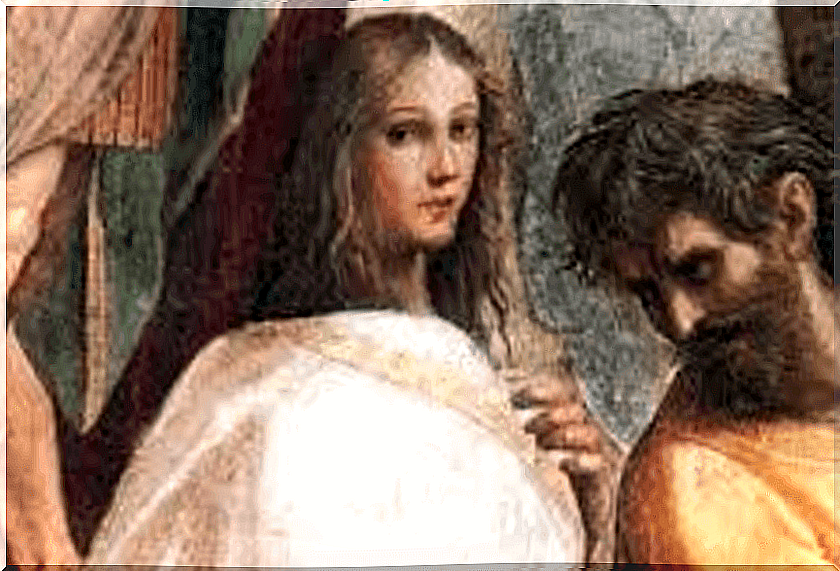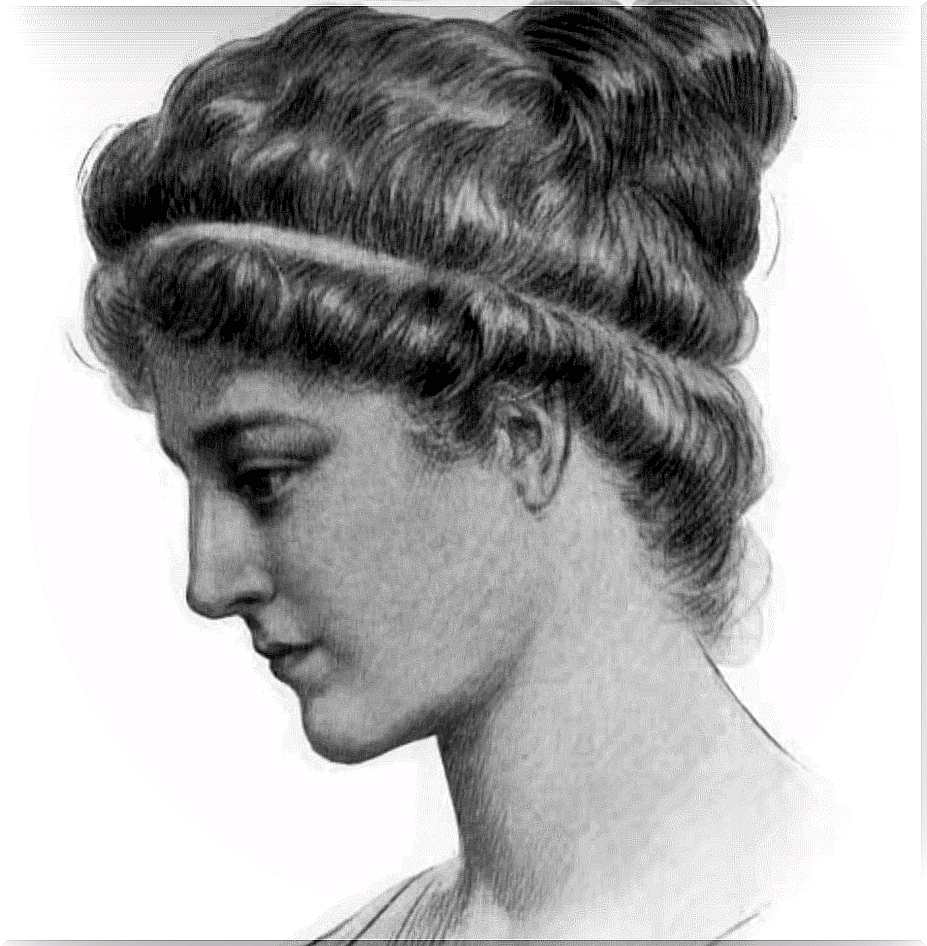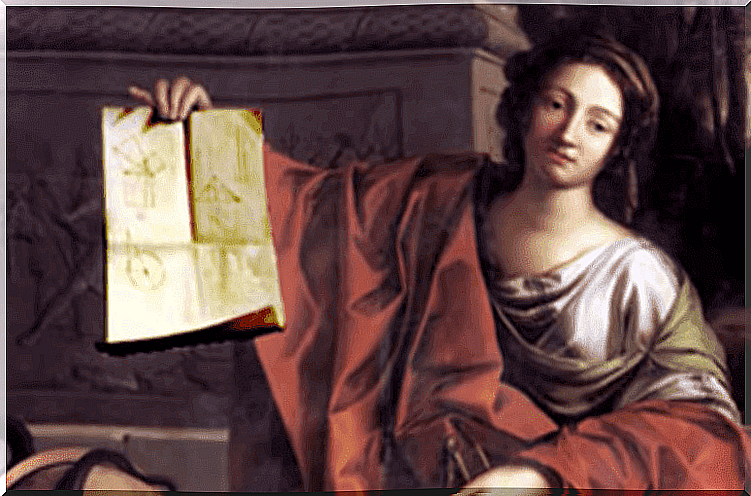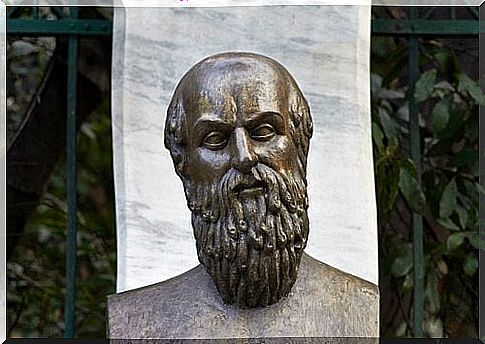Hypatia Of Alexandria: Science And Religion

Hypatia of Alexandria was the first philosopher, mathematician and physicist whose existence has been reliably proven. She was born in Egypt at the end of the 4th century. Teacher and principal of the Neoplatonic school of Alexandria at the beginning of the 5th century, she cultivated knowledge such as geometry and logic. Hypathia leading therefore an ascetic life according to the neo-Platonic precepts.
She was a teacher and educator of a select school of aristocrats, Christians and pagans, who came to occupy high positions in Alexandrian society. This is how she became a figure of strong social influence, the target of the jealousy of many.
On the other hand, among his scientific achievements, let us mention the improvement of the primitive astrolabes which were used to determine the position of the stars in the celestial vault. In addition, she invented a hydrometer, an instrument used to determine the relative density of liquids without the need for complex mathematical calculations.

Christians and pagans, science and religion
Alexandria was the center of a bloody civil war between Christians and pagans. The highest representative of Christianity, Patriarch Theophilus, intended to end all non-Christian religious worship. Namely, to paganism in all its forms. On the other hand, the intellectual elite supported the defenders of the pagan temple; all the philosophers defending paganism left Alexandria to save their lives.
However, Hypatia, who considered philosophy, science and mathematics to be far removed from political and religious conflicts, continued to teach as if this whole war did not take place. In fact, until then, no one had bothered her, perhaps because of her neutral stance on the subject.
But when Cyril, much more implacable, takes the place of Patriarch Theophilus, the level of persecution against all that is not Christian increases. This time, Hypatia cannot stay out of the disputes and sits on the side of Orestes, an imperial delegate whose function was firmness and state order.
In the end, Hypatia feels represented with all the traditional. With the Aristotelian Greek polis where religion is only part of politics. And not the reverse. His idea was that religious authority should be subordinate to politics and the well-being of citizens and not the other way around.
Until then, Hypatia – by teaching the Alexandrian elite where “pagans” and Christians met – had been living proof that Christianity was compatible with the rest of philosophical and religious ideas. There are sources that say people from all walks of life admired him.
In fact, almost everyone, since there is a die-hard sect of fanatical Christians who don’t want them in their city. On the other hand, its influence reaches down to the lower strata, but in a much more attenuated way than religion.

Hypatia “the pagan” and “the witch”
Christians call Hypathia “the pagan”. It was not difficult to spread rumors about the witchcraft state of this scientist. To the illiterate, the mathematical signs seemed to be invocations to the devil, and astronomy was easy to confuse with astrology. Suddenly, Hypatia of Alexandria had become a witch of the evil arts.
One day in March 415, during Lent, Hypatia returned home. Suddenly, a crowd attacks him and takes him to the church of Caesarion. This is where Hypatia is flayed alive with pieces of pottery torn from the walls, in full fervor. Then the crowd set his remains on fire.
This murder is clearly religious, political and philosophical; philosophical because Hypatia defends dialogue and reason against fanatic faith. Politics because she believes that religion should be revolted against politics. And religious because Hypatia of Alexandria is perhaps the most painful representation of the cultural battle between paganism and Christianity.









